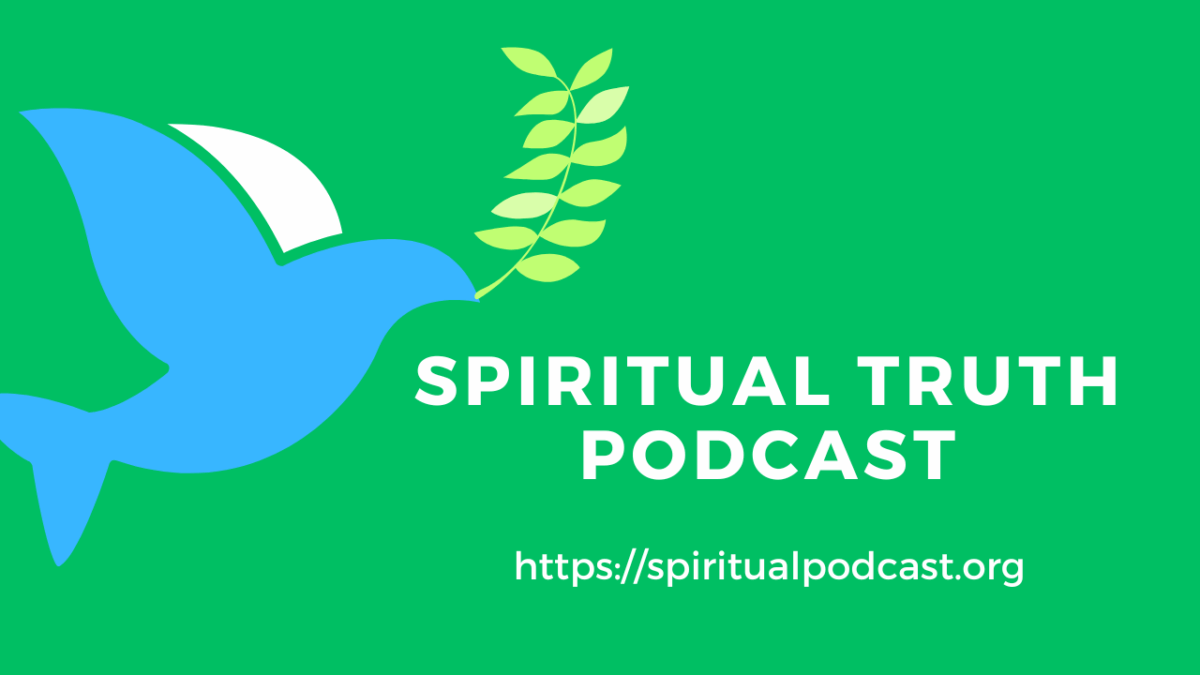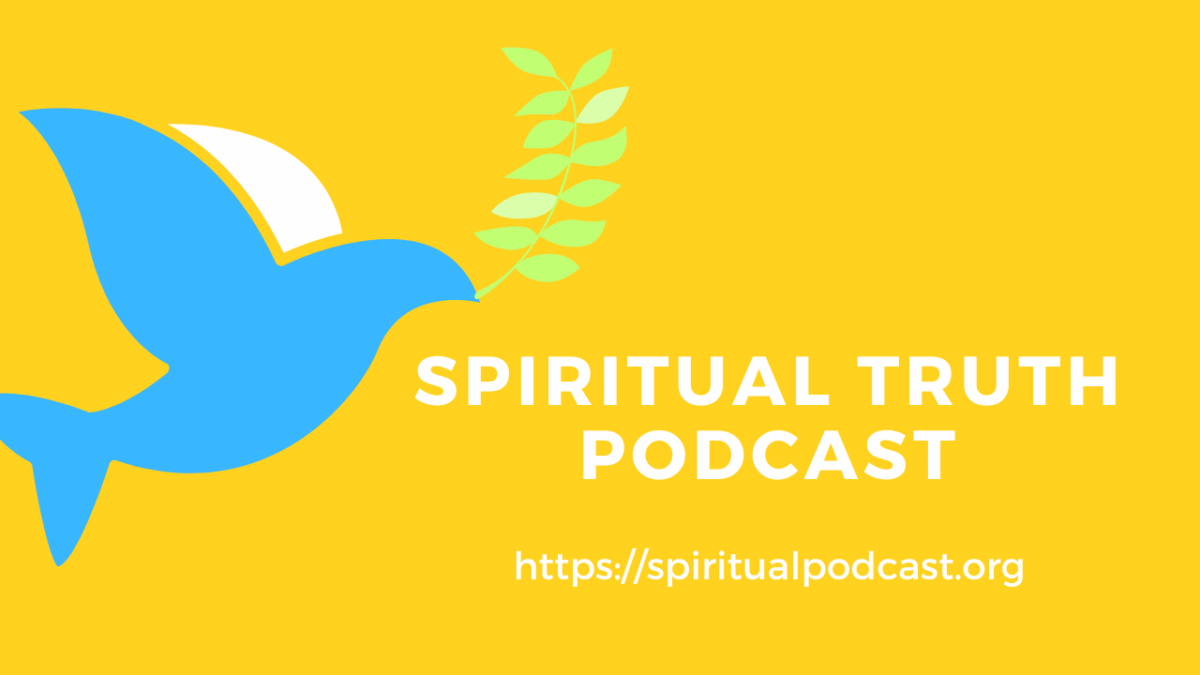When Political polarization clashes with faith explored and answered via the lens of the Bible
The Bible’s View on the Divide of Politics and Faith
Hello and welcome back to Spiritual Podcast, your podcast home for genuine biblical truths. My name is Elder Jo, your host for today. Elder Dan is doing an outreach for the church. In this podcast episode, we’re diving into something that’s been weighing heavily on our hearts – the deep political divisions tearing through our communities, our families, and yes, even our churches.
If you would rather listen to this, just click the play button below. 🙂
Episode is also available to listen free in other Pod Networks below.
Friends, I want you to imagine walking into your local coffee shop and immediately feeling the tension in the air. Half the room stops talking when the other half enters. Neighbors who used to wave at each other now avoid eye contact. Family dinners become minefields where one wrong word about current events can explode into shouting matches that last for months.
This isn’t just an American phenomenon, though we certainly see it here in stark detail. From the United Kingdom’s Brexit divisions to Brazil’s political upheaval, from India’s cultural tensions to the growing polarization across Europe, our world seems to be fracturing along ideological lines at an unprecedented pace.
Case and point: Charlie Kirk, a prominent conservative commentator and founder of Turning Point USA, can be seen as navigating the challenging landscape of this polarization. He got shot at and died. Regardless of one’s agreement or disagreement with his views, his experiences and the reactions he elicits from different political spectrums highlight the intense and often personal nature of political discourse today. The strong opinions, both positive and negative, directed at individuals in the public eye serve as a stark reminder of how deeply ingrained and emotionally charged political affiliations have become.
The Ancient Roots of Division
Here’s what struck me during my morning devotions last week: this isn’t new. Political polarization didn’t start with social media or cable news. Yahshua lived and ministered in one of the most politically charged environments in history.
Picture first-century Palestine. You had the Zealots – radical revolutionaries who wanted to overthrow the Roman rule. These weren’t just passionate activists; they were guerrilla fighters who carried daggers and assassinated Roman collaborators in crowded marketplaces. Simon, one of Yahshua’s own disciples, came from this movement.
Then you had the Pharisees, religious conservatives who wanted to preserve Jewish identity and law while navigating Roman occupation. They built walls of tradition to protect their faith, but often missed the heart of Yahweh’s love in their legalism.
The Sadducees represented the religious elite who had made their peace with Roman power. They controlled the temple, accumulated wealth, and maintained their positions by cooperating with the occupying government. Many common Jews saw them as sellouts.
And don’t forget the Herodians – Jewish political parties that fully supported the Roman puppet kings. They believed the path forward lay in embracing Roman culture and political systems.
Sound familiar? We have our own Zealots today – people so convinced their political cause is righteous that they’ll use any means necessary to advance it. We have modern Pharisees who wrap themselves in religious language while missing the gospel’s call to love. We have contemporary Sadducees who’ve made their peace with power structures that benefit them. And we have plenty of people who’ve placed their ultimate hope in political systems rather than the Kingdom of Yahweh.
When Politics Becomes Idolatry
The disciples expected Yahshua to pick a side. They wanted Him to endorse their political solution. Remember when James and John asked to call down fire on the Samaritan village that rejected Yahshua? That’s the heart of political zealotry – the desire to destroy those who disagree with us.
But Yahshua consistently refused to fit into their political boxes. When they tried to make Him king by force, He withdrew. When they asked about paying taxes to Caesar, He gave them an answer that transcended their either-or thinking: “Render to Caesar what is Caesar’s, and to Yahweh what is Yahweh’s.”
Yahshua understood something we’ve forgotten: no political movement, no matter how well-intentioned, can solve the fundamental problem of human nature. You can change laws, but you can’t legislate love. You can redistribute wealth, but you can’t redistribute the greed that caused the inequality in the first place. You can reform institutions, but you can’t reform the human heart through politics alone.
The Limits of Earthly Solutions
This is where I need to say something that might make both my conservative and progressive friends uncomfortable: no Democrat, no Republican, no left-wing movement, no right-wing candidate can ever solve all the problems of our world and societies. Only Yahshua can do that, and only when He returns to establish His perfect kingdom.
I’m not saying political engagement is wrong – quite the opposite. We’re called to work for justice, to care for the poor, to protect the vulnerable. These are deeply biblical mandates. But we’re making a category error when we expect political solutions to deliver what only spiritual transformation can provide.
When we place our ultimate hope in political candidates or movements, we’re committing a subtle form of idolatry. We’re asking earthly systems to do what only Yahweh can do. And when those systems inevitably fail to deliver the salvation we’re hoping for, we become disillusioned, angry, and often radicalized.
Finding Hope Beyond the Ballot Box
So where does this leave us as Christians living in politically polarized times?
First, we remember that our citizenship is in heaven. That doesn’t mean we don’t care about earthly citizenship, but it means we hold it lightly. Our deepest identity isn’t “conservative” or “progressive” – it’s “beloved child of Yahweh.”
Second, we practice what I call “political humility.” The issues we face are complex, and reasonable people can disagree about the best solutions while sharing the same values. When we approach politics with humility, we can listen to those who disagree with us and maybe even learn something.
Third, we focus on the kingdom work that transcends political divisions. When we’re feeding the hungry together, caring for the sick together, and loving our neighbors together, we often discover that our shared humanity is stronger than our political differences.
The Coming Kingdom
But here’s the hope that sustains me through these difficult times: Yahshua the Messiah is coming back. Not as a political candidate running on a platform, but as the King of Kings who will establish perfect justice, perfect peace, and perfect love.
When Yahshua returns, there won’t be political parties because there won’t be competing visions of how society should work. His kingdom will be marked by perfect righteousness, where the hungry are fed, the oppressed are liberated, the broken are healed, and every tear is wiped away.
Until that day, we’re called to be ambassadors of that coming kingdom. We work for justice, but we don’t despair when progress is slow. We engage politically, but we don’t put our ultimate trust in political solutions. We love our neighbors who vote differently than we do because we serve a genuine King who died for all of us.
A Call to Unity
Friends, in a world that seems determined to divide us into warring tribes, the church has an opportunity to model a different way. We can show what it looks like when people disagree about politics but still love each other deeply. We can demonstrate that our unity in Yahshua is stronger than our political differences.
This doesn’t mean we don’t have convictions or that we don’t act on them. It means we hold those convictions with grace, engage in politics with humility, and never forget that our hope lies not in the kingdoms of this world, but in the Kingdom of our Elohim.
The polarization we see today won’t last forever. Political movements rise and fall. Earthly kingdoms crumble. But the Kingdom of Yahweh endures forever, and King Yahshua the Messiah is coming soon!
Until Messiah does, let’s be people of grace in the gap – bridging divides, loving across differences, and pointing a watching world to the hope that can only be found in Yahshua.
What’s your experience with political polarization? How has your faith helped you navigate these challenging times? I’d love to hear from you. Remember, whether you’re feeling discouraged by the state of our politics or energized to make a difference, your ultimate hope isn’t in any earthly system – it’s in the One who is making all things new.
Friends, if you’d like to continue this conversation or share your thoughts on this topic, leave a comment below or reach out to me directly. You are also welcome to read or listen to our previous episodes on this website and visit our sister website by clicking here to read and learn more genuine truths from the Bible.
Until next time, this is Elder Jo reminding you that in a world full of division, we serve the Elohim of reconciliation. Grace and peace to you all.
Brethren, before I go, let me pray this prayer for you: May Yahweh bless you and keep you; may Yahweh make His face shine upon you and be gracious to you; may Yahweh lift up His countenance upon you and give you peace. I humbly pray all these things to Yahweh through Yahshua the Messiah, our Master and coming King, amen. Kindly keep praying for the shalom of Israel. Take care. Halleluyah!

